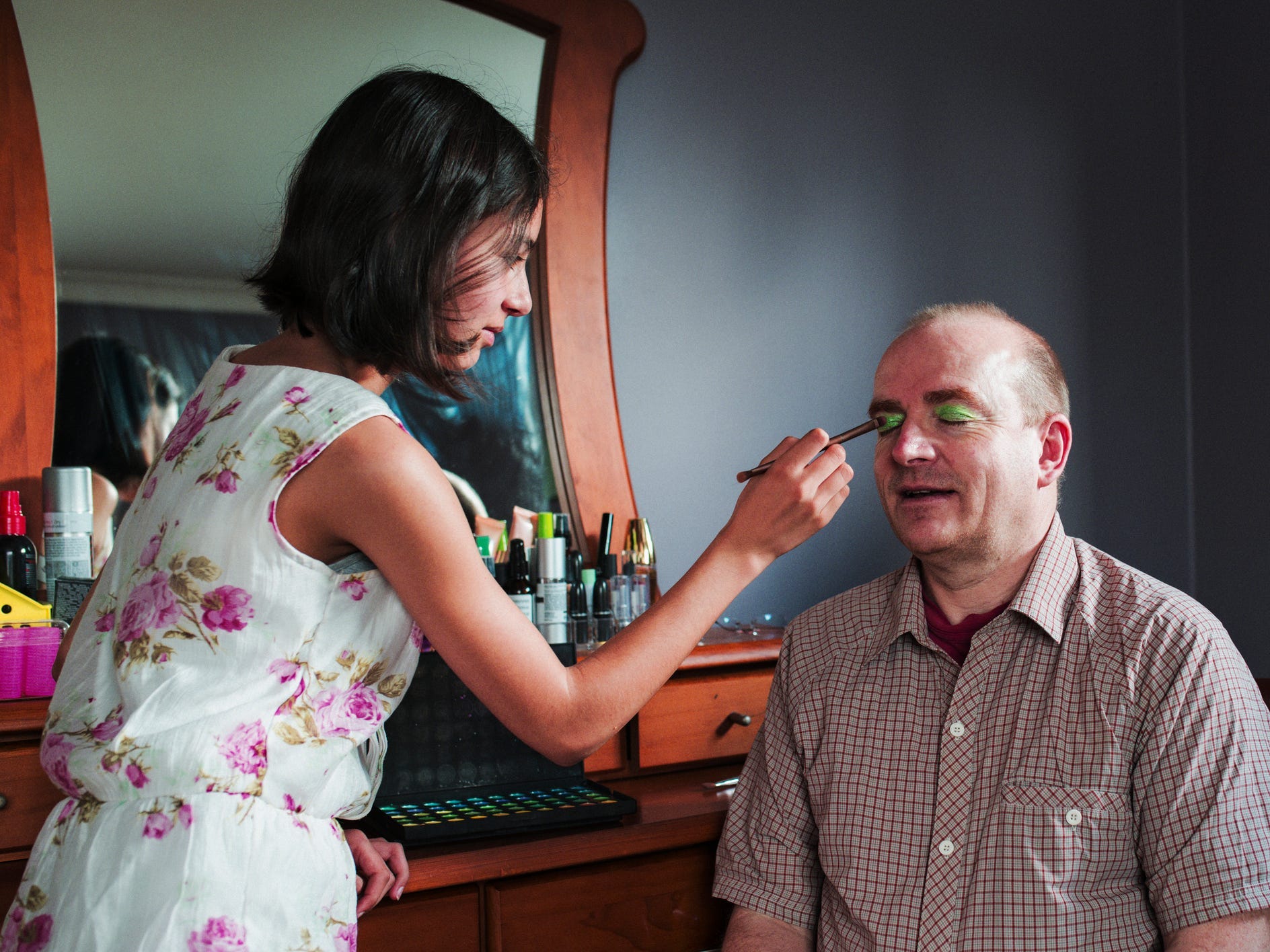
- Transgender youth are less likely to grapple with depression and suicidal thoughts when they receive early gender-affirming care, according to a new study.
- The study, published in Pediatrics, surveyed 300 transgender youth and found older trans teens who had yet to get proper transitionary care were more likely to suffer from worse mental health issues.
- The findings are in line with previous research that links early transitionary care and gender affirmation to better mental health in trans kids and teens.
- Visit Insider’s homepage for more stories.
Transgender youth tend to suffer from higher rates of anxiety, depression, self-harm, and thoughts of suicide than their peers. But a new study published in Pediatrics found that early gender-affirming care may have a direct, positive impact on mental health.
The study, which surveyed 300 transgender children aged between 10 and 17 years old at the Hospital for Sick Children in Toronto, Canada, found transgender youth who received transitionary care — such as hormone blockers and hormone replacement therapy — at earlier ages reported lower rates of depression, self-harm, and suicidal thoughts.
Researchers say this is likely because younger trans youth, defined by the study as being under 15 years old, have yet to go through puberty-induced bodily changes that can cause gender dysphoria, or the distress that occurs when one’s body does not reflect the gender identity they are.
Getting gender-affirming care before puberty can slow or stop some of the changes that are more difficult to reverse like voice deepening, hair growth, and fat distribution.
“Our data add to the existing literature, suggesting that distress may be particularly profound among [trans youth] who present for care at older ages and with more advanced puberty,” researchers wrote.
A direct impact on mental health
The researchers found that, among children under 15 who received gender-affirming medical care, 3o% reported depression, compared to 45% of those who received care later. They were also less likely to report suicidal ideations (40% compared to 52%), and less likely to have engaged in self-harm (28% compared to 40%).
Younger children who received care between the ages of 10 to 15, rather than over 15, were also far less likely to attempt suicide (9% did, compared to 17% of those who received care later).
The data underscore existing best medical practices that state transgender youth should receive transitionary care regardless of their age, as gender-affirming care can be the difference between life and death.

The findings are consistent with previous research that has linked gender affirmation to better mental health in trans kids
This study is not the first to link gender affirmation, whether it be medical or social, to better mental health outcomes for trans youth.
A PNAS study published in November 2019 found transgender children who were able to live as the gender they were rather than the gender they were assigned developed their gender identity, likes, and interests at the same time their cisgender peers did.
Another study published in Pediatrics in March 2016 found transgender children who were able to socially transition — or live as the gender they are rather than the one they were assigned through pronouns, name, and gender presentation – had lower rates of anxiety and depression later in life.
Children who were able to use their chosen name rather than the name they were assigned at birth as part of their transition had lower rates of suicidal ideations and attempted suicide than children who were not supported in their transition, according to a study published in the Journal of Adolescent Health in 2018.
The findings are especially significant in light of local state legislatures like South Dakota, Idaho, and Florida attempting to pass age restrictions that would make it illegal for doctors to provide gender-affirming care like HRT and hormone blockers to anyone under 18.
"Gender-affirming health care saves lives," Shawn Meerkamper and Dale Melchert, senior staff attorney and staff attorney for the Transgender Law Center who were not involved in the study, previously told Insider.
Read More:










